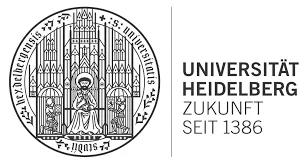

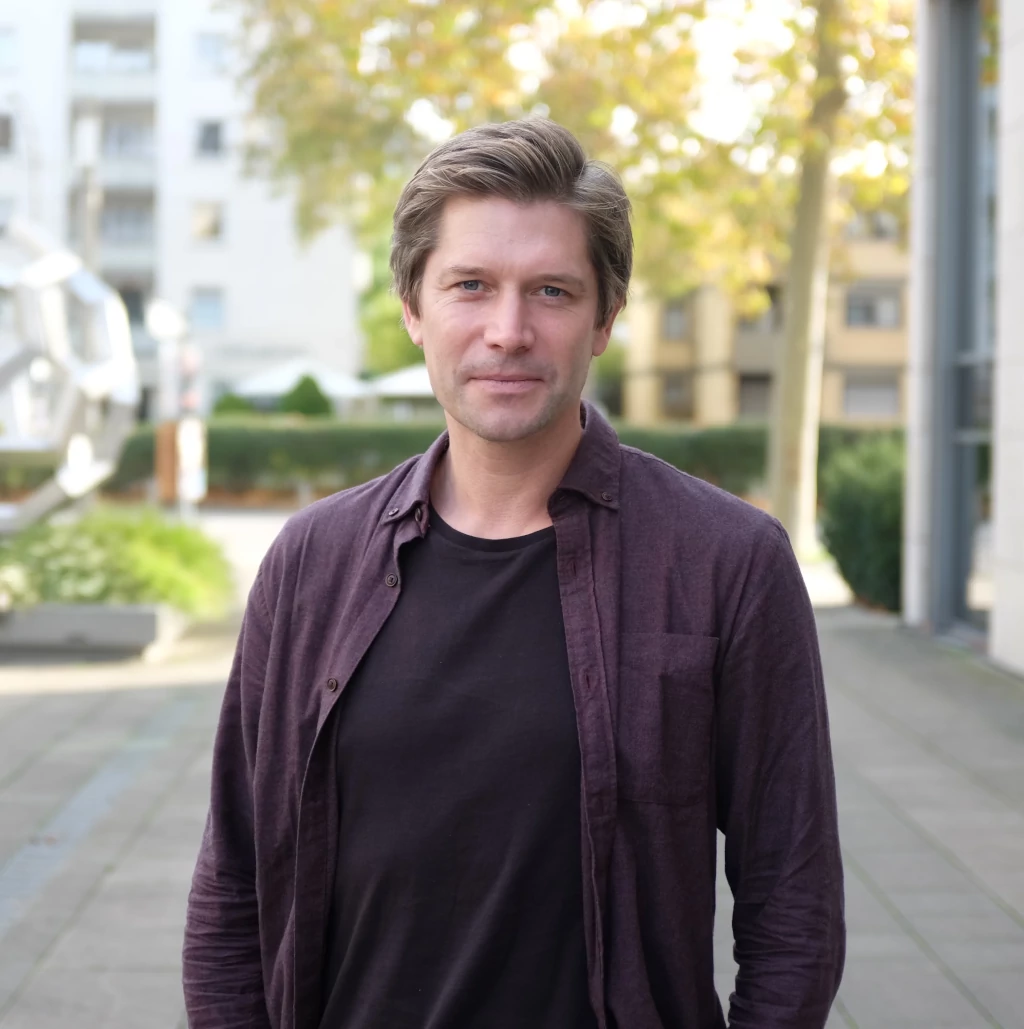
Joacim is an epidemiologist, modeler and data scientist conducting interdisciplinary research within the field of climate change and infectious diseases. He obtained his PhD from Umeå University, Sweden. In the year 2021 he was awarded an Alexander von Humboldt Professorship endowed by the The Federal Ministry of Education and Research in Germany. The chair at Heidelberg University focuses on applying data science and modelling to the area of One Health and climate change. It functions as a bridge between the Heidelberg Institute of Global Health (HIGH) and the interdisciplinary Centre for Scientific Computing (IWR) at Heidelberg University. In 2018 Joacim was awarded the Albert II of Monaco and the Institute Pasteur Prize for research on environmental change and infectious diseases. Prof. Rocklöv is the principal investigator and co-PI of several major research projects within the area of climate change and infectious diseases and pandemic preparedness. He is a Guest Professor at Umeå University in Sweden

Stefanie is managing the research groups human relations, finance and administration.
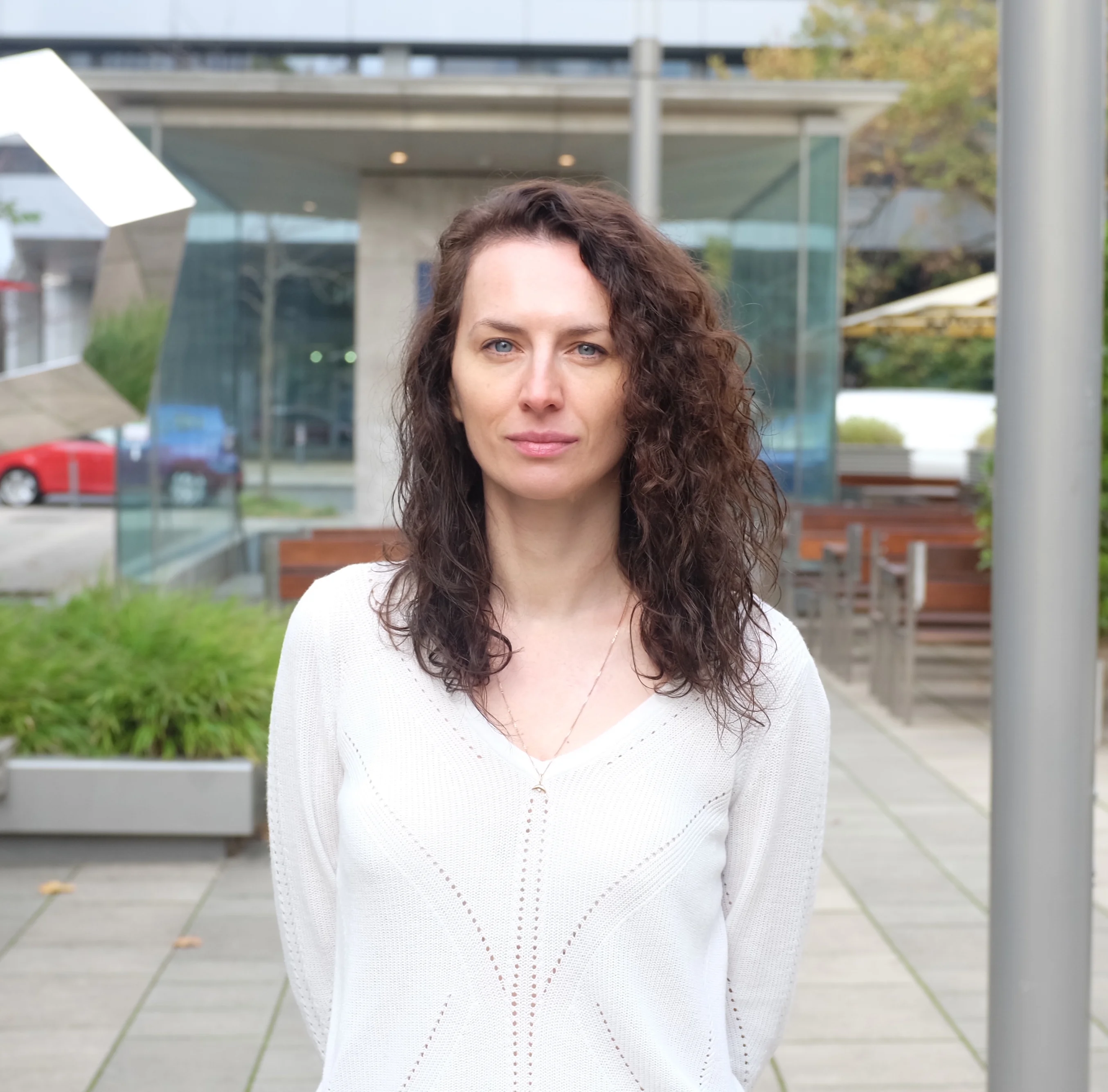
Marina is a junior group leader. She has completed her PhD in Health Economics, where she focused on the model-based evaluation of public health interventions such as vaccination and cancer screening. She has also been trained in Biology and Epidemiology. Her current research interest and focus lie on the impacts of changing climate on infectious diseases such as vector-borne and zoonotic diseases. She is particularly interested in investigating climate change and land use effects on zoonotic pathogen spillover from reservoir host animals to humans and domestic animals. Further, her domain includes interventions that go beyond conventional public health and target disease emergence at the source. These include upstream prevention policies, mosquito-bite control, and nature-based solutions. In her research, she utilizes different models and methods of intervention science to explore effective and cost-effective ways to prevent the emergence and re-emergence of infectious diseases.

Connie is an Alexander von Humboldt Research Fellow and Research Group Leader at Heidelberg Institute of Global Health, Heidelberg University. She is also an Assistant Professor at Johns Hopkins Bloomberg School of Public Health, International Health Department (currently on leave of absence). Her research focuses on the politics of health policymaking in low-and middle-income countries; specifically, she utilizes social science theories and methods to explore the process and determinants that lead to public health policy adoption, implementation, and compliance. This, for example, includes understanding the role of evidence in decision-making, and the role of interest groups (e.g. corporate actors) as well as other actors in the policymaking process. Connie has led an array of international health projects in Africa, Asia, and Eastern Europe. As a consultant, she has advised the World Health Organization and the Asian Development Bank. Connie has also had the opportunity to serve as expert reviewer for the World Health Organization, expert for the Implementation Hub, International Union Against Tuberculosis and Lung Diseases, and expert for the Commonwealth Road Safety Initiative. Connie received her PhD in Health Systems from Johns Hopkins Bloomberg School of Public Health, MSW from the University of Pennsylvania, School of Social Policy & Practice, and BA from Johns Hopkins University.
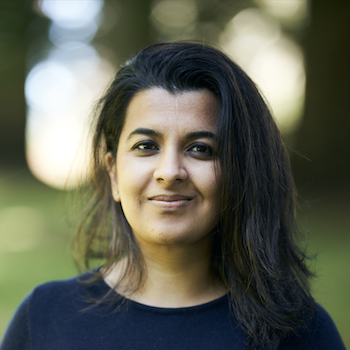
Aditi’s research tests climate change adaptation and mitigation interventions to assess how they affect population health, environmental and economic outcomes. Using experimental and quasi-experimental designs, she conducts large-scale causal impact evaluations on interventions in the housing, urban design, infrastructure and food sectors to identify how they affect outcomes, including infectious disease. She uses novel approaches to co-design technology based solutions for populations including growth hacking, citizen science approaches and hackathons. Aditi leads a work package on evaluating local interventions for resilience to zoonotic disease in the Horizon Europe funded project Infectious disease decision-support tools and alert systems to build climate resilience to emerging health threats (IDAlert). Here, her research tests the effectiveness of nature based solutions, citizen science tools and urban design changes (i.e., mosquito-proof drain infrastructure changes in Barcelona together with local government) on infectious disease outcomes. Knowledge generated through Aditi’s research will inform governments, citizens, private sector and donors on uptake of adaptation and mitigation interventions with co-benefits for health, environment and the economy. Aditi enjoys developing public-private partnerships and working with government to scale and enable technology transfer of proven interventions to climate-vulnerable communities. Aditi is the recipient of multiple Horizon Europe grants and a German Science Foundation (DFG) grant. She leads a climate change intervention work programme at Heidelberg University, and is a visiting scientist at Harvard Chan C-CHANGE.
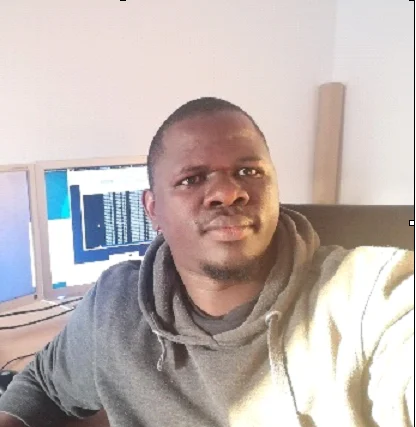
Michael has a background in Theoretical Chemistry. He has vast experience which span across Quantum Mechanics to Molecular Mechanics. His previous work involved investigation of small organic molecules that have interesting photochemistry with a potential application in cancer treatment via Photodynamic Therapy approach. This work was the basis of his PhD research which he successfully completed at the University of Heidelberg. He is currently a postdoctoral researcher in the group led by Prof. Joacim Rockloev where is exploring the interface between human and animal infectious diseases outbreak events driven by climate change. He is applying machine learning models in this position to understand the environment-animal-human nexus.
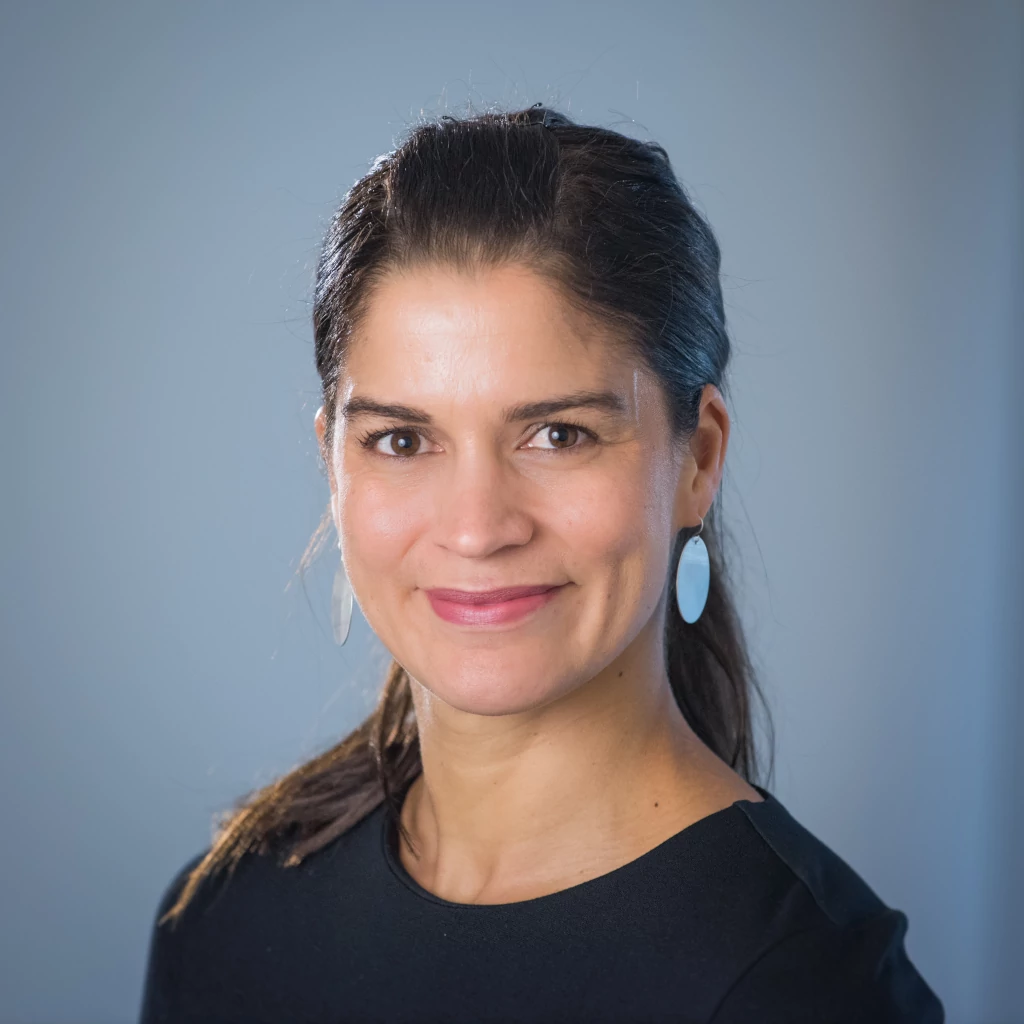
Patricia Nayna Schwerdtle is a global public health academic specializing in climate change and health. 'Trish' has a clinical background and post-graduate qualifications in health professions education and health promotion. Based at the Heidelberg Institute of Global Health (HIGH) and affiliated with the Heidelberg Centre for the Environment (HCE), Trish is also an adjunct academic at Monash University, Australia, and a research fellow at the Melbourne School of Population and Global Health, Melbourne University, Australia. Trish is on the steering committee of the international thematic network ‘CliMigHealth’ that leads research on climate-related migration and health. Trish’s Ph.D. focuses on the nexus between climate change, migration, and health with primary research conducted in Bangladesh and Burkina Faso. Her methodological expertise includes qualitative research, mixed methods, and synthesis research. Trish works at the juncture between science and policy and science and practice with experience advising governments, multilateral agencies, development banks, and NGOs on climate-resilient and decarbonized health systems and climate change adaptation for health. Trish has been affiliated with the world’s largest emergency, medical humanitarian organization ‘Medecins Sans Frontieres’ (MSF) since 2007, and was previously Vice President of MSF Australia

Peter is a postdoctoral researcher in the group. He is using dynamical models and scientific machine learning methods to simulate and study disease dynamics and eco-evolutionary feedbacks.

Petr is a statistical physicist who works half time within the group as a data scientist and half time at the Scientific Software Centre at Heidelberg University.

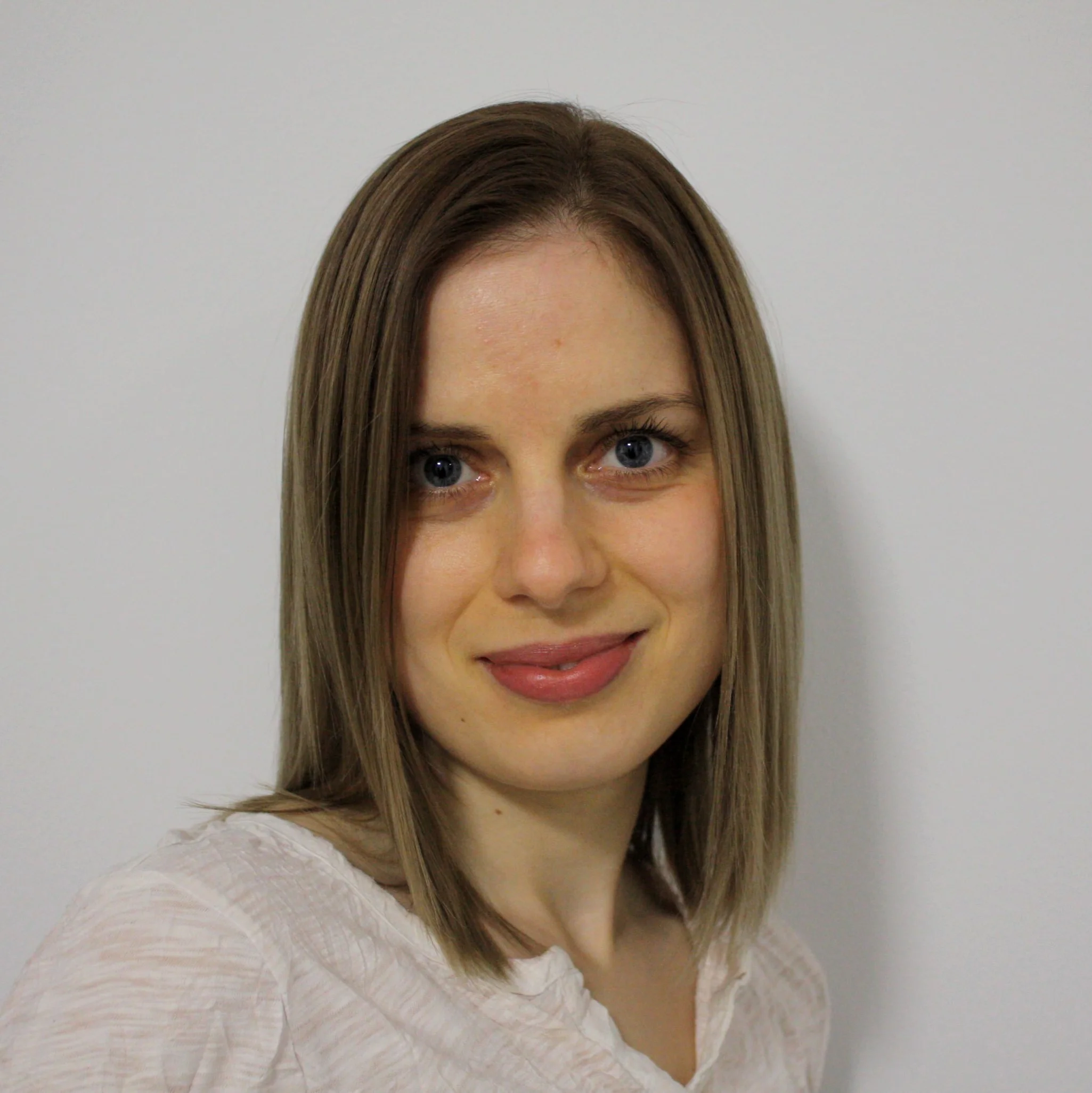
Veronika is a mathematician with interest fields graph theory and discrete mathematics. She holds a Bachelor and a Master certificate from the TU Budapest and a PhD from the University of Debrecen. She is mainly focusing on mathematical modeling of the spread of pathgens and information, especially through graphs and networks.

Pascale is a post-doctoral scientist in the CSIDLab. She is interested in vector-borne and other infectious diseases, particularly how climate change influences their spatial distribution and interventions to prevent disease spread. Previously, she worked on highly pathogenic avian influenza introduction risk at the National Veterinary Institute of Sweden. Her PhD in Epidemiology with a Designated Emphasis in the Biology of Vector-borne Diseases from the University of California, Davis, focused on West Nile virus risk and surveillance in California. She also holds a MSc in Control of Infectious Diseases from the London School of Hygiene and Tropical Medicine and a BS in Biology and Global Health from the University of Wisconsin, Madison.”
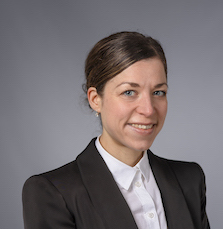
Hedi is a post-doctoral fellow and her project will focus on assessing the health and economic burden of heatwaves in Germany using machine learning methods. Hedi has a master in Public Health with a specification towards health economics. She was awarded with the best master thesis after her studies. Her PhD from Umeå Univeristy was an interdisciplinary work where she assessed the health and economic effect of sustainable transport solutions. She has also studied both short and long-term air pollution health effects. She has been successful co-applicant writing both national and international grants during her PhD studies. Her interest is apply statistical methods for causal estimation of enviornmental stressors using obesrvational data. She thrives working interdiciplinary by linking knowledge and methods from climate, health and economics. With an aim to provide for more complete understaning of climate change effects that are occuring and currenlty unaccounted for in policy making.

Jerome is a post-doctoral scientist with a background in veterinary epidemiology. He holds a PhD in epidemiology from the University of California Davis, a master’s in veterinary Epidemiology from the London School of Hygiene and Tropical Medicine and a Veterinary degree from the University of Liege, Belgium. His thesis focused on analysing rabies surveillance data in Cambodia to identify areas with limited access to post-exposure prophylaxis, as well as rabies transmission and intervention modelling in dogs using agent base models. Prior to his arrival to Heidelberg, he was as an epidemiologist at the National Veterinary Institute of Sweden, working mainly on projects related to reindeer health.

Andrea is doctoral student in the group exploring the relationships between climate change and infectious disease dynamics at the human-animal interface. She graduated as a Doctor of Veterinary Medicine in Lima, Peru and holds a Master of Public Health from the French School of Public Health (EHESP). Her research interests include investigating the interconnectedness of a changing environment and the health and wellbeing of animals and humans through a One Health approach. Andrea currently holds a part-time position as an Animal Health Information Officer at the World Organisation for Animal Health (WOAH).

Julian is a doctoral student at IWR with a background in mathematics. During his studies at Heidelberg University, he focused on dynamical systems theory and mathematical epidemiology. His research interest is in infectious disease modeling. As part of his PhD studies, he investigates climate-sensitive infectious diseases with a focus on vector and animal ecology. In his research he uses methods from process-based modeling and machine learning as well as combined approaches.
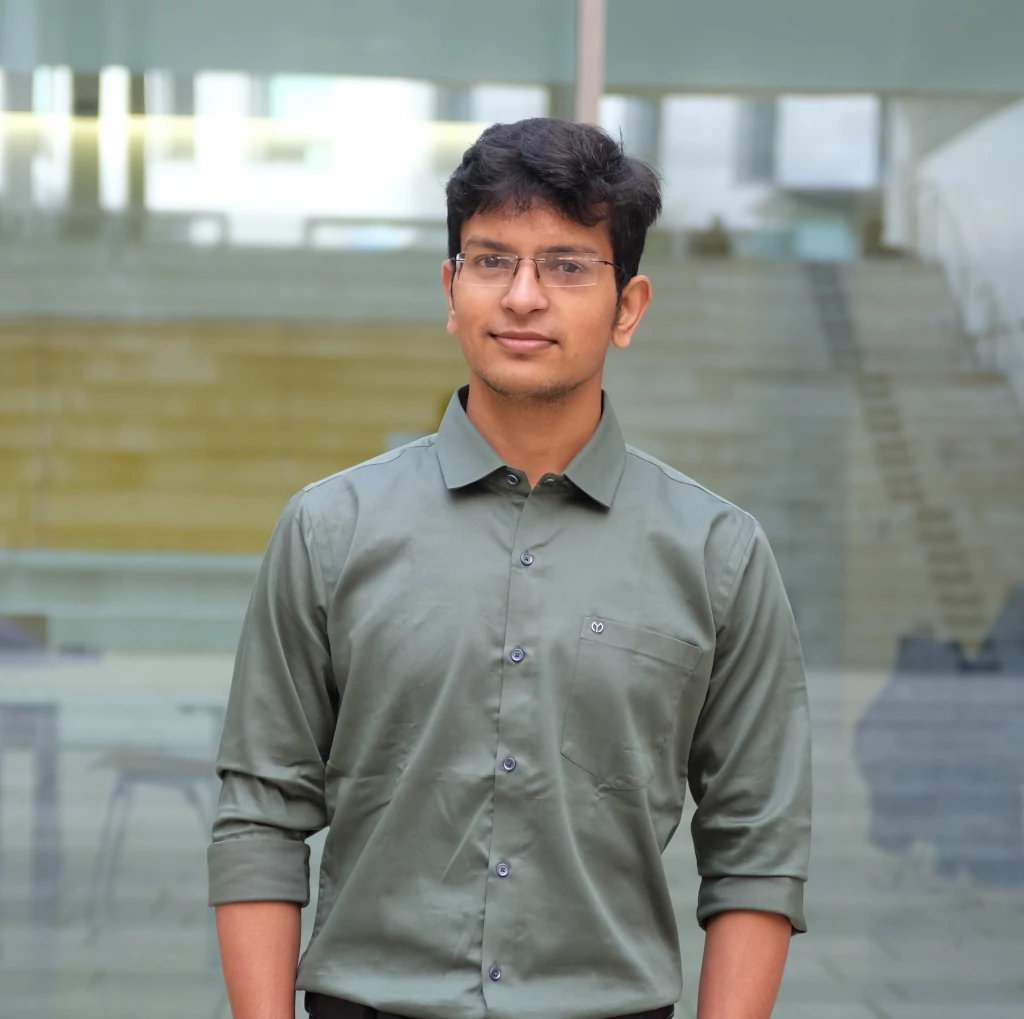
Pratik is a Ph.D. student in the group. He graduated from India in June 2022 with an M.S. in Applied Mathematics and a minor in Statistics with a silver medal. He was a Fellowship recipient from the prestigious National Board of Higher Mathematics (NBHM), India. His broad topic of interest includes disease modeling, mathematical biology, and reinforcement learning. During his master’s he investigated the role of memory in the progression of epidemics (Cholera and Covid-19) using fractional differential equations. Currently, he is interested in working on developing frameworks for including movement networks in spatiotemporal models with applications to infectious diseases depending on the animal and human movements with Dr. Jonas Wallins from Lund University. Along with that, he also has a keen interest in knowing and exploring the fundamental questions of ecology in the light of unprecedented Climate change. He strives to make mathematical spaces inclusive, welcoming, and ultimately, more diverse.
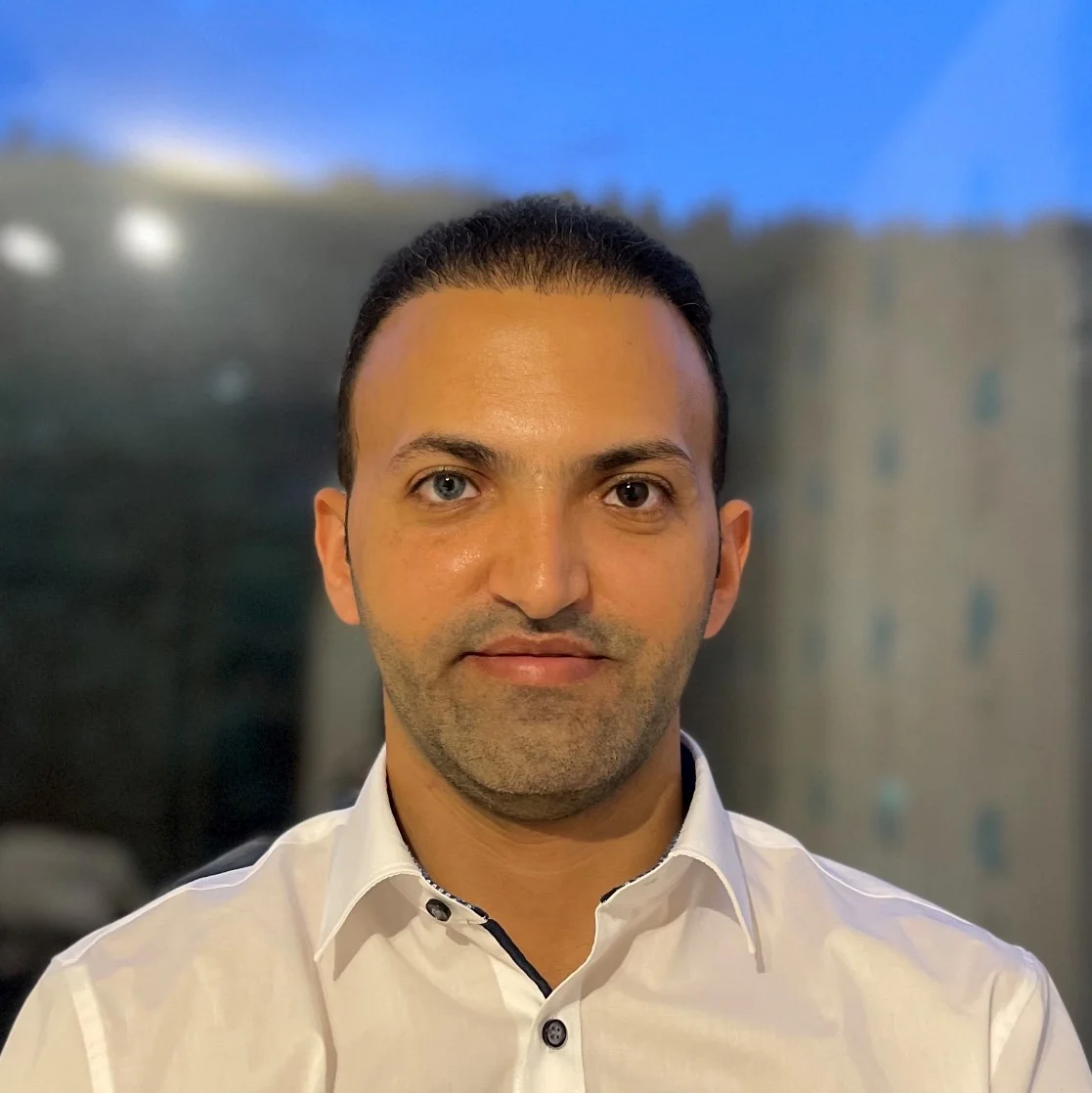
Tareq is an Epidemiologist, Health Informatician and Data Scientist. He has obtained master’s degree in Public Health, Epidemiology as program between Jordan University of Science and Technology and Hamburg University of Applied Sciences. He has obtained his professional master’s degree in Health informatics from Arizona State University, USA. He is a Ph.D. student in the CSIDlab with an interest in data mining from social media to track infectious diseases and other health disorders. His research interests are in global environmental health issues as the climate change and its short- and long-term impacts on health, and in epidemiological studies related to previous and current epidemics.
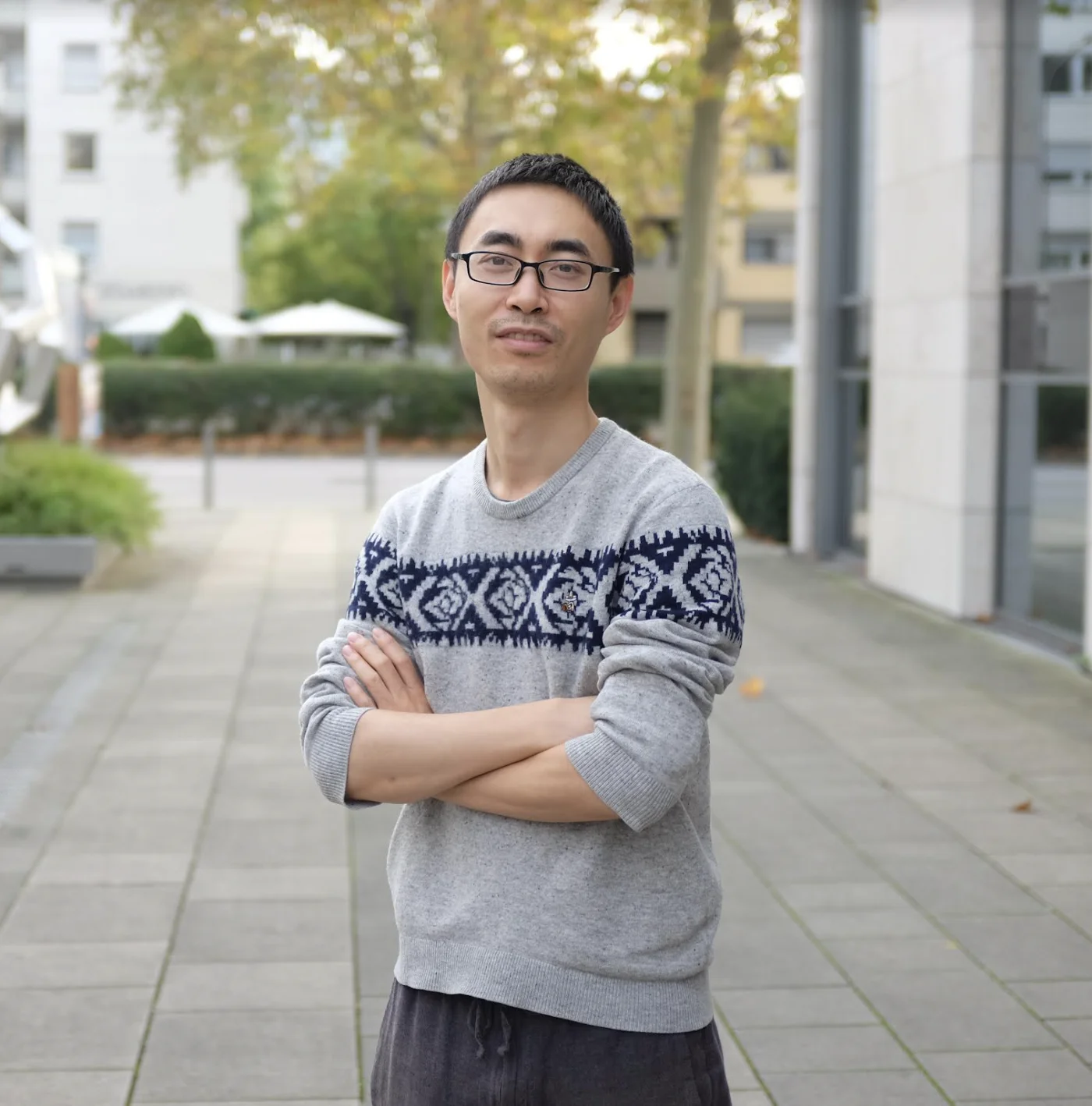
Yichao is a Ph.D. student in the research group. Before joining the lab, he worked at Helmoholtz institution for one and half a year. He graduated from the Northeastern University of China and obtained his M.Sc degree in Biomedical Engineering. Yichao's research interest is to apply machine learning to public health monitoring. Specifically, he works on building an explainable machine-learning-aided model to understand how climate change and other spatio-temporal factors affect infectious diseases. He is currently working on the IDAlert project, which is an EU project constructing and analysis new data streams for decision-makers to prevent emerging health threats. Yichao is currently working on image analysis of disease vectors. It is part of building a better surveillance system to timely action and prevention of vector-borne diseases. The idea of this system is to monitor the location and activity of vectors through public participation
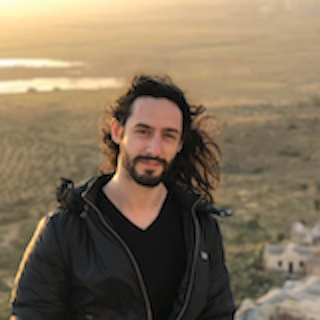
Charlie is a doctoral student in the group with a background in urban planning and geoinformatics. Prior to joining the lab, he worked as a research assistant at the Heidelberg Institute for Geoinformation Technology (HeiGIT) in their Geoinformation for Humanitarian Aid group and as a research associate at Harvard University investigating shifting practices in water governance in Mexico and the U.S. His research interests are in climate change governance and inequality, urban analytics, sustainability across urban-rural divides, and evolving notions of healthy environments. In his research he uses a combination of data science, machine learning, and geospatial methods for the generation of novel geoinformation. He received his Master in Urban Planning from the Harvard Graduate School of Design and his B.S. in International Affairs and B.A. in Asian Studies from Florida State University.

Sumet is a mathematician focusing his doctoral studies on developing dynamical models using a combination of mathematics and machine learning within the area of infectious disease ecology.
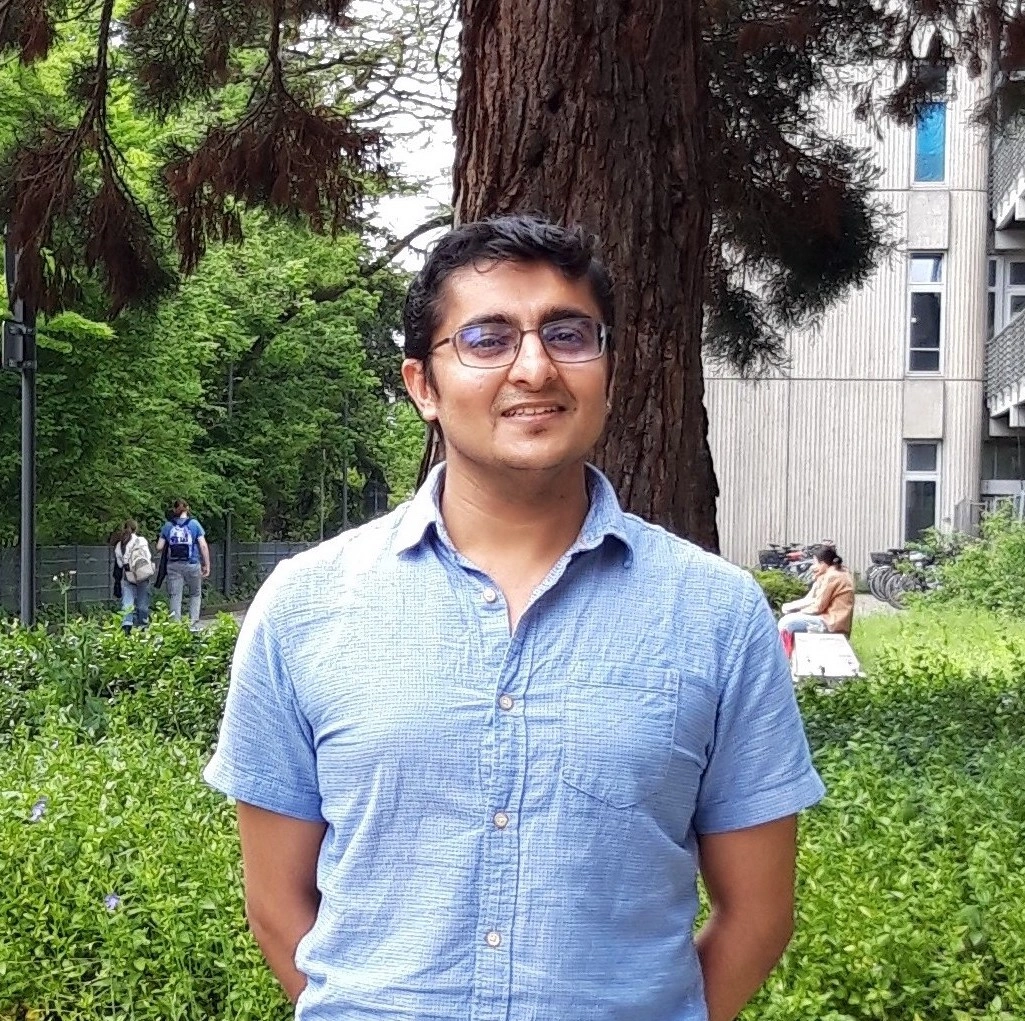
Mahir is a doctoral student with background in civil engineering. He completed his MSc in international health from Heidelberg University in 2021. His research interest is in prevention and control of vector borne diseases. As a part of his doctoral research, he is focusing on prevention and control of malaria in sub-Saharan Africa. In his research he tries to understand the acceptability and feasibility of various prevention and control interventions.
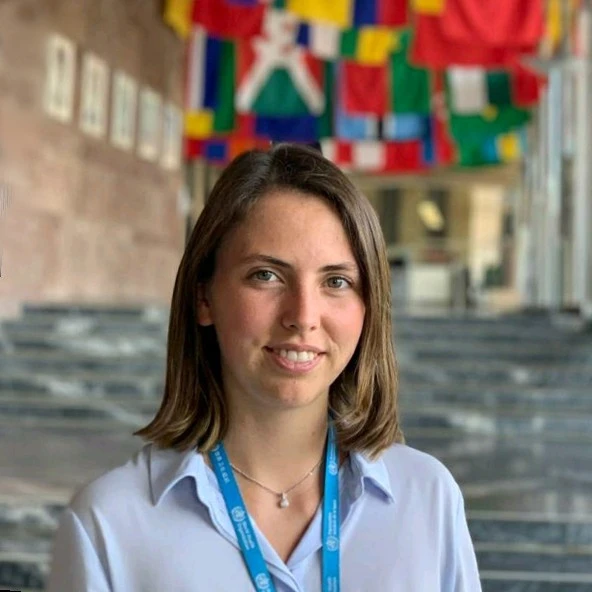
Luise has a diverse educational background, with a Master’s in Public Health from the London School of Hygiene and Tropical Medicine, and a focus on Bioinformatics for her Master’s in Molecular Biotechnology at Heidelberg University. She is especially interested in the interconnections between the environment and human health. Throughout her studies, she has conducted research at various wet labs in virology and microbiology, interned at the WHO Influenza pandemic preparedness unit, performed environmental fieldwork in the Arctic, and published papers in environmental epidemiology. Currently, she is working on her Master's thesis at the CSIDlab, modeling the spatiotemporal spread of Dengue cases in Nepal, which is part of the KfW-funded OSCAR project. Additionally, she is involved in the teaching of an R data science course focused on spatial and temporal data analysis and supports the organization of the CSIDlab’s Nature-based Solutions Summer School 2023.
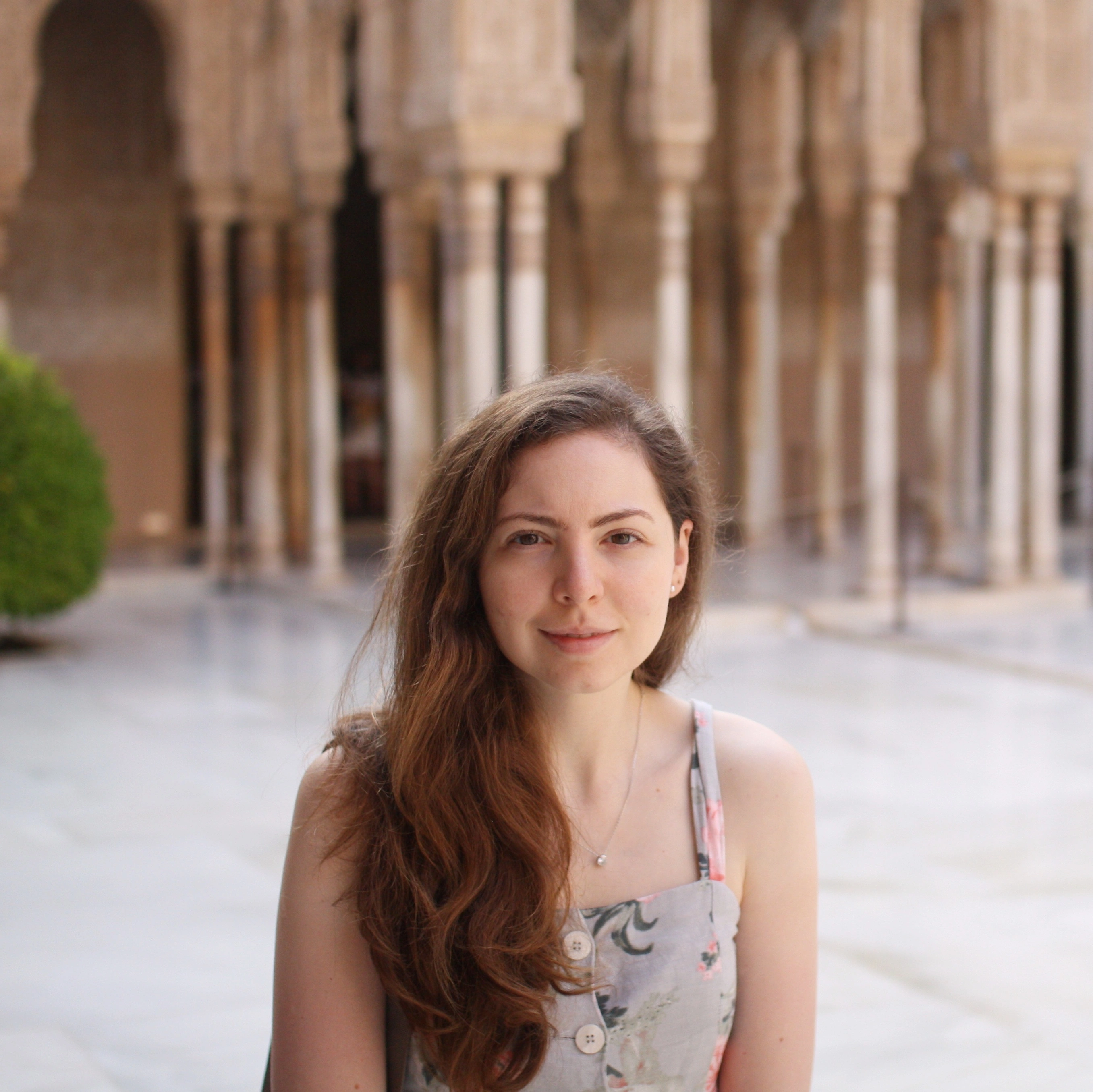
Cássia is a researcher assistant in the CSIDlab. She is interested in the effects of global change drivers, such as climate and land use changes, on ecosystems. For her PhD at the University of Cantabria, Spain, Cássia investigated large-scale patterns in freshwater biota and the effects of dams on riverine biodiversity. She also holds a Master's degree in Environmental Sanitation from Ghent University, Belgium, and a Bachelor in Civil Engineering from the State University of Maringá, Brazil.
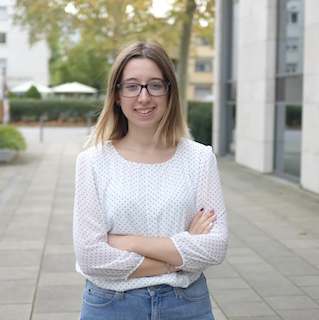
Cristina is a research assistant in the CSIDlab. She graduated with a Pharmacy degree from the Complutense University of Madrid, Spain, in February of 2022. In the research group, she is collaborating on various projects related to the impact of climate change on vector-borne and zoonotic diseases. Her research interests are One Health, as well as the impact of climate change on pandemic prevention and preparedness and antimicrobial resistance. She is also interested in Climate and Health policy. She will pursue a Master of Public Health in Environmental Health Sciences at Yale University in the fall of 2023, specialising in Climate change and Health, with a "la Caixa" Foundation fellowship.

Changjing is a master’s student in IWR, and supported by Dr. Jost Henkel Scholarship. Currently, she works as a student assistant in the CSIDlab. Her research field is about the application of neural GAMs and GAMM studying zoonotic diseases.
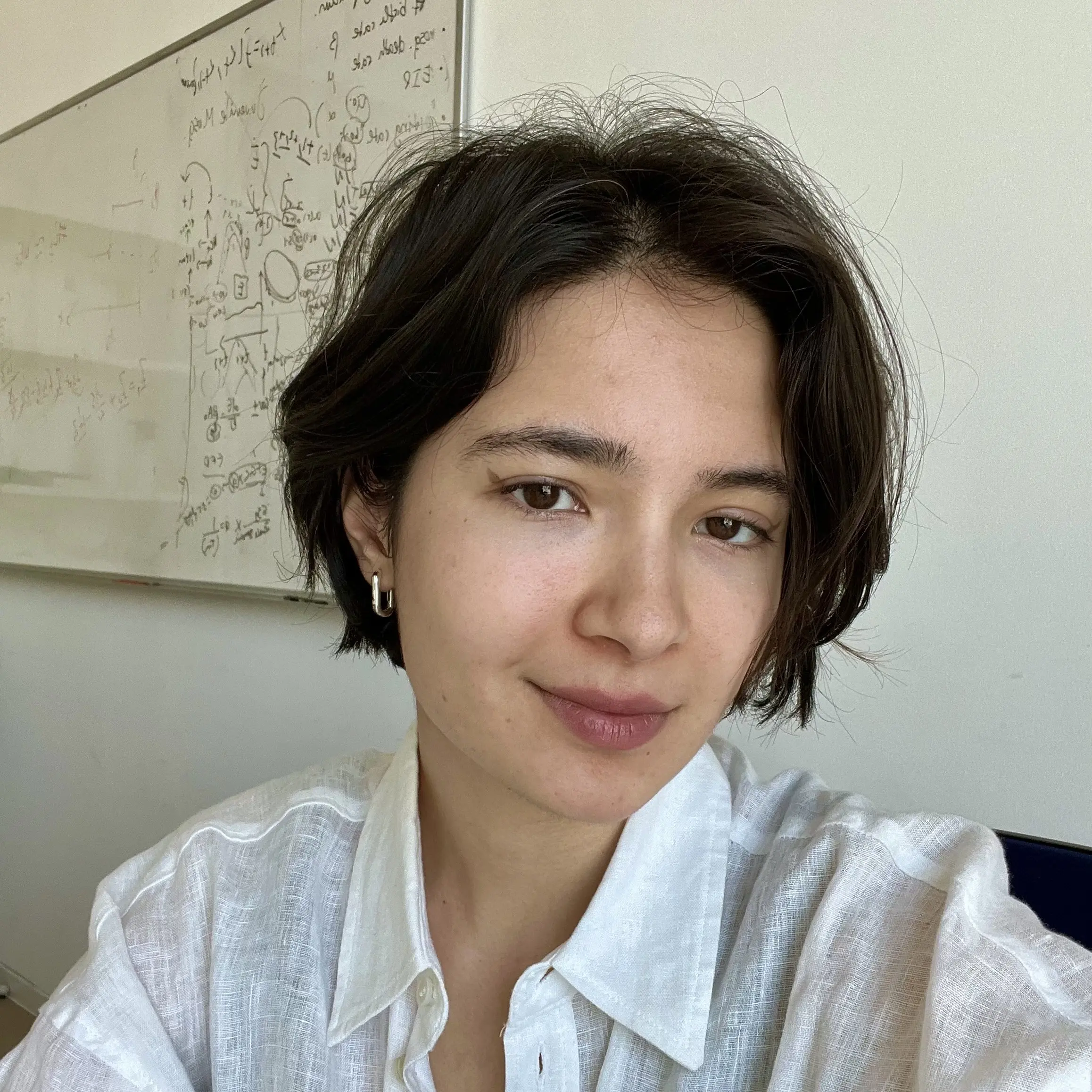
Munisa is a Master’s student at Heidelberg University, majoring in Systems Biology. She graduated in 2022 with a Bachelor’s degree in molecular biology and biotechnology from the University of Hong Kong. Her thesis was on the impact of climate change on the molecular signature and behavior of freshwater fish. Munisa is currently working as a research assistant in the CSDIlab, modelling propagation of zootonic diseases at several predicted climate change scenarios. She also manages the CSIDLab website.
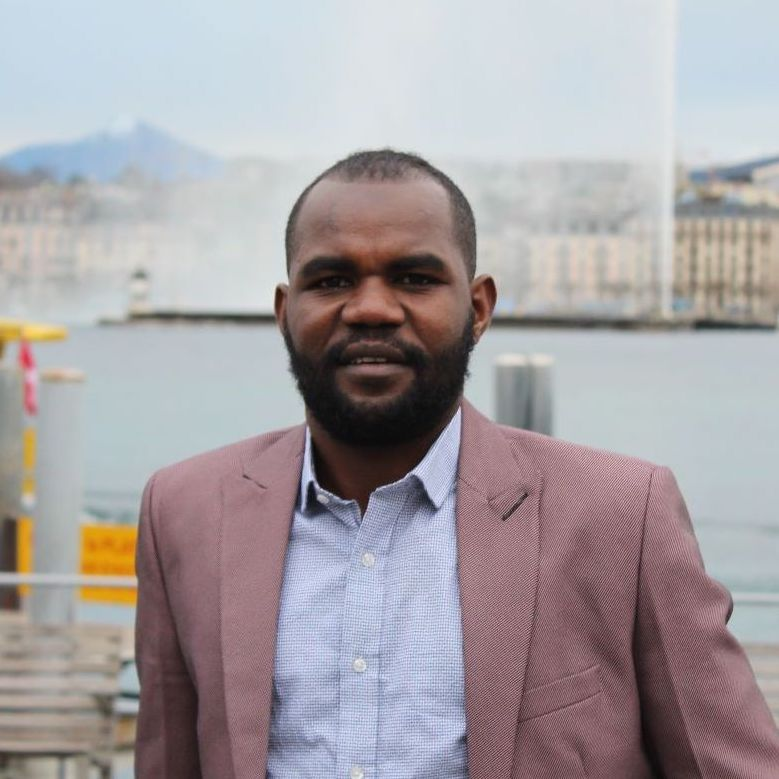
Ismail Degais is a public health professional with strong academic background and extensive experience in the field. He is currently a Master of Science in International Health student at Heidelberg Institute of Global Health expected to complete in September 2023, and earned his Bachelor of Science in Public Health from the University of El Imam El Mahdi in Sudan. With over five years of experience in the public health sector, He has worked with an international organization, focusing on humanitarian response and integrated community-based development programs. His work has primarily centered around live-saving projects and responding to outbreaks in a humanitarian crisis context, particularly in the challenging region of Darfur, Sudan. Ismail's research interests reflect his dedication to improving health outcomes in vulnerable populations. He is particularly interested in health policy adoption and implementation, recognizing the crucial role they play in shaping public health interventions. He is also passionate about community-based interventions and integrated management of vector-borne diseases, understanding the importance of involving local communities in disease prevention and control efforts. Additionally, Ismail has a keen interest in outbreak preparedness, prevention, and control in humanitarian contexts.
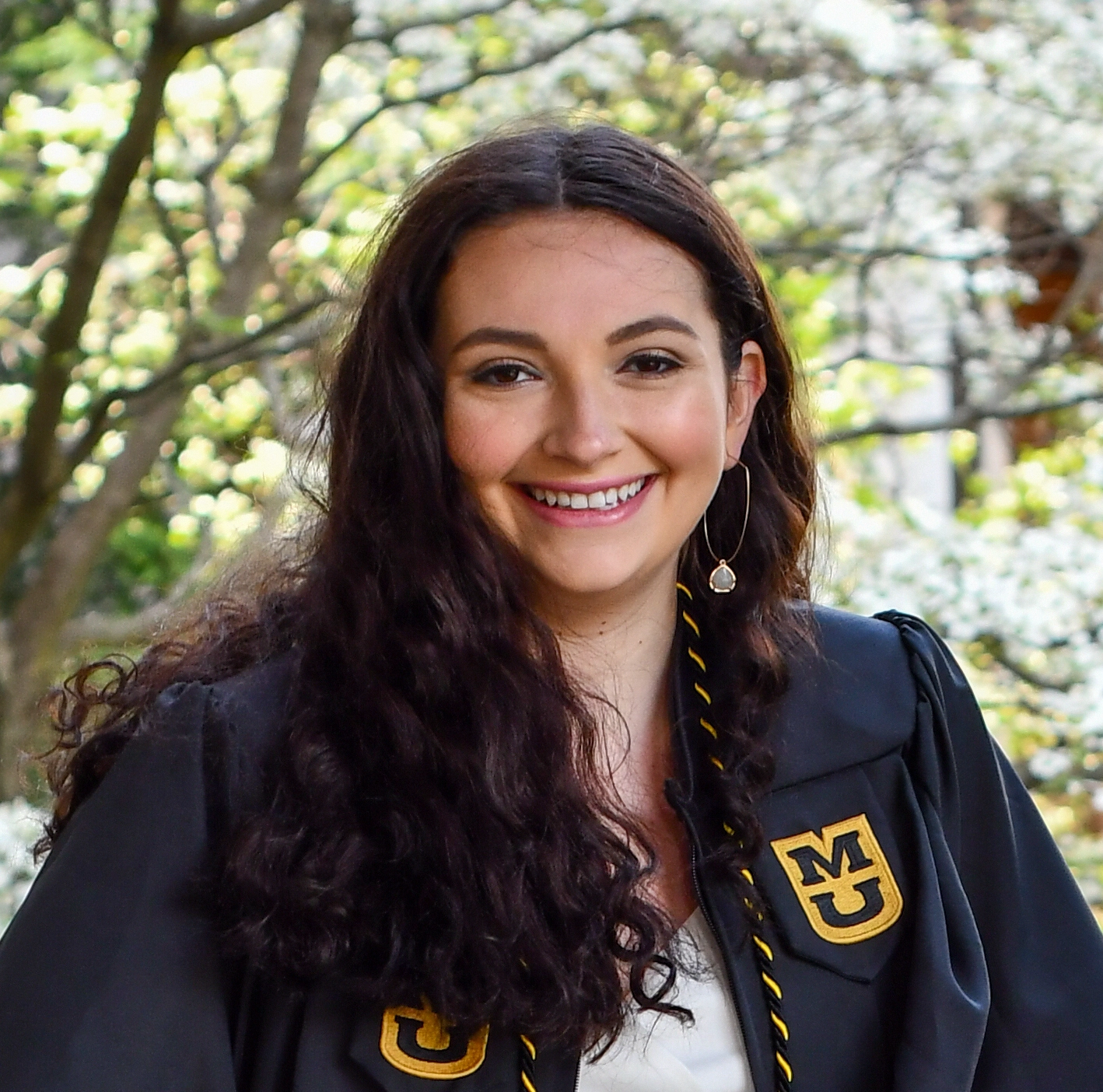
Sydney is a second-year Master of Public Health student in the Epidemiology of Microbial Diseases department at Yale University with a concentration in Climate Change and Health. Sydney is assisting with the PANDA project focusing on the prevention of zoonotic spillover events through education and pandemic literacy interventions. She has various research interests such as pathways between climate change and vector-borne diseases, global health, and climate migration.

Henrik has a PhD in mathematical ecology and evolution. He is leading the the group in Umeå and is affiliated with HIGH.

Jan C. Semenza served as an Epidemic Intelligence Service Officer at the US Centers for Disease Control and Prevention (CDC) in Atlanta, USA when he led the CDC response to the 1995 heat wave in Chicago, that killed over 700 people. He was a faculty member at UC Berkeley, UC Irvine, Oregon Health and Science University, and at Portland State University where he taught in the Oregon Master Program of Public Health. Over the last 15 years he led the work on environmental and climatic drivers of infectious disease transmission at the European Centre for Disease Prevention and Control (ECDC), based in Stockholm, Sweden. He is a lead author of the Intergovernmental Panel on Climate Change (IPCC) Sixth Assessment Report and the co-lead of Working Group 1 and 2 of the Lancet Countdown in Europe. Currently, he is associated with the Department of Sustainable Health at Umeå University and Heidelberg Institute of Global Health, at the University of Heidelberg in Germany.

Maquines is a statistician with a PhD in Epidemiology. He is focusing on statistical modelling of climate and disease relationships with a special interest in Global Health.

Junwen is an EU project manager and a researcher trained in animal science, ecology, and population dynamic modeling. She is currently coordinating several EU projects which are conducting interdisciplinary research on climate change and health, e.g. IDAlert, BERPREP, ENBEL. In research, Junwen is interested in questions arising in ecology, climate change, and infectious diseases, she is currently working on immunity-seasonal dynamics and studying drivers of hantavirus transmission.

Zia is a mathematician-turned-data scientist and a doctoral candidate in epidemiology and public health at the Department of Public Health and Clinical Medicine at Umeå University, Sweden. His PhD research focuses on a range of topics including applying advanced data analytics, artificial intelligence and mechanistic modelling in predictive spatio-temporal disease modelling and disease ecology. He is using AI for predicting disease outbreaks of complex zoonosis such as the West Nile virus and for projecting its expansion risk due to changing climate. He is developing a new mechanistic framework to identify the attribution of climate change and human mobility in the global expansion of dengue. He is also developing new methods that could improve the disease severity estimates. He is also contributing to the development of the indicators for emerging infectious diseases (West Nile virus) as part of the Lancet Countdown Europe team.
zia.farooq(at)umu.se
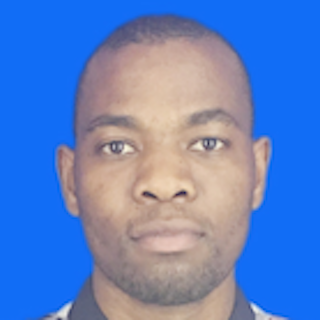
Chaibo is a Ph.D. student with a background in climatology focusing on how climate services can be used for public health prevention.

Verah is a molecular biologist and epidemiologist working working as a research assistant on various projects.
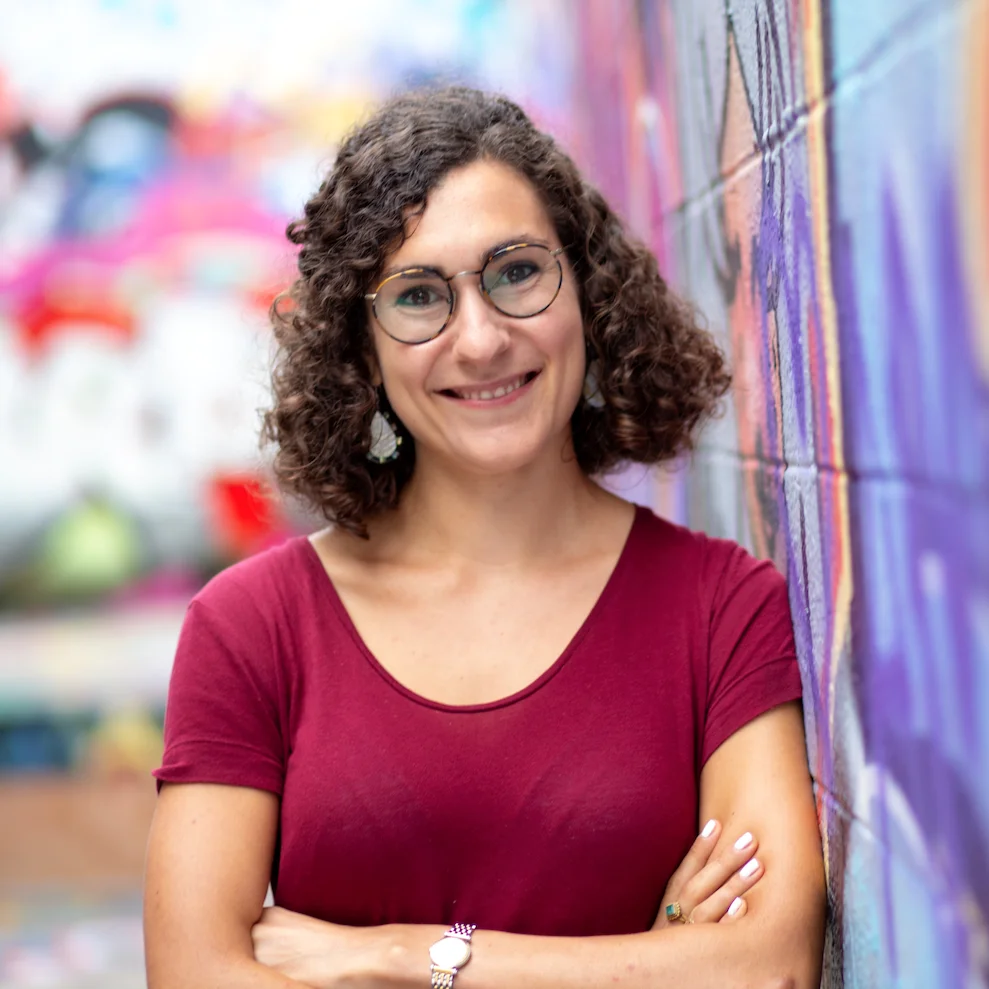
Alix received a Master of Science in Management from ESSEC Business School in France as well as a Master of Public Health from the Johns Hopkins Bloomberg School of Public Health, where she was awarded the Sommer Scholarship. She has work experience in access to health services in conflict-affected areas, with a focus on the Middle-East and the Syrian refugee crisis. She currently works with the Global Financing Facility for Women, Children and Adolescents (GFF) on health system strengthening and private sector engagement. She is hoping to complete a PhD at Heidelberg University on Anticipatory Action and Child Health. She is also an Honorary Research Fellow at the UCL Institute for Global Health and an Affiliated Researcher with the Red Cross Red Crescent Climate Centre.

Alpha is a biologist working on field data collection and analyses within the domain of One health. He is affiliated to the Wascal program.

Kathrin joined the Institute as a research associate in March 2021 to work in a collaborative project between UNAIDS and HIGH - HIV Financing and Universal Health Coverage in The Emergency and Recovery Phase of the COVID-19 Pandemic. Since 2022 Kathrin is enrolled in the MEDISS doctoral program. Her research focuses on climate change and child health, by 1.) assessing national adaptation plans worldwide on child health and examining the drivers and barriers of child health integration in climate change related health policy through a mixed-methods approach. 2.) conducting a prospective paediatric surveillance study (ESPED) in Germany on heat related illnesses in children and adolescents on learning more about incidence, clinical presentation and outcome and - through a follow up study - to hearing the voices of affected children on their perception of climate change and related health impacts. 3.) performing an explorative study on distress among children and families during the COVID-19 epidemic in Germany, being part of the COVerCHILD & CollPan-study. Before that Kathrin was working clinically as a paediatrician (Germany and Nepal) for many years, having finished her paediatric specialisation in 2017. During her medical studies and throughout her paediatric training, Kathrin was involved in clinical field work with children in Nepal for a long period of time.